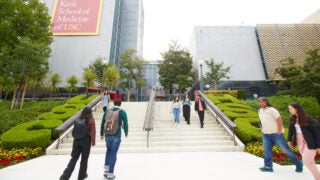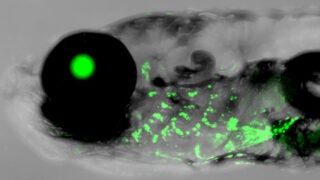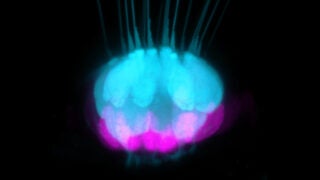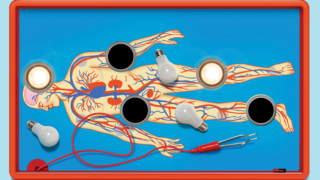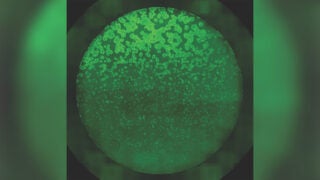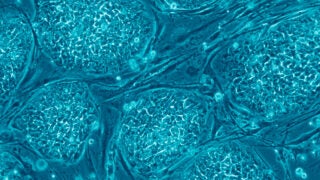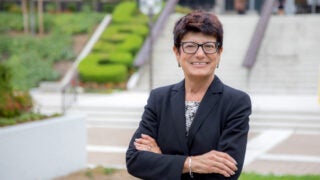The program has graduated more than 300 alumni who have entered medical and doctoral programs and pursued successful careers in academia, industry and beyond.
Stem Cells
News Listing
The same genes could hold the key to regenerating cells in the ear and eye, according to a study from the USC Stem Cell laboratory of Ksenia Gnedeva.
A study from Gage Crump’s stem cell lab indicates that the intricate coil of cartilage has a surprisingly ancient origin in the gills of fish and marine invertebrates.
The findings could guide future efforts to stimulate the regeneration of sensory hearing cells in patients with hearing loss and balance disorders.
USC researchers are revolutionizing how we treat disease by harnessing stem cells as “living medicine.”
By exerting “crowd control” over cells, USC scientists make progress toward engineering tissues.
A small subset of blood stem cells make an outsized contribution to maintaining either a youthful balance or an age-related imbalance of the two main types of immune cells, a USC study finds.
New research harnesses machine learning and imaging to give unprecedented insight into stem cell behavior that could enable future lifesaving therapies.
In honor of the program’s 10th anniversary, 10 of its graduates share how it altered the course of their lives and careers.
Carolyn Meltzer takes on a governance role with the state stem cell agency.

